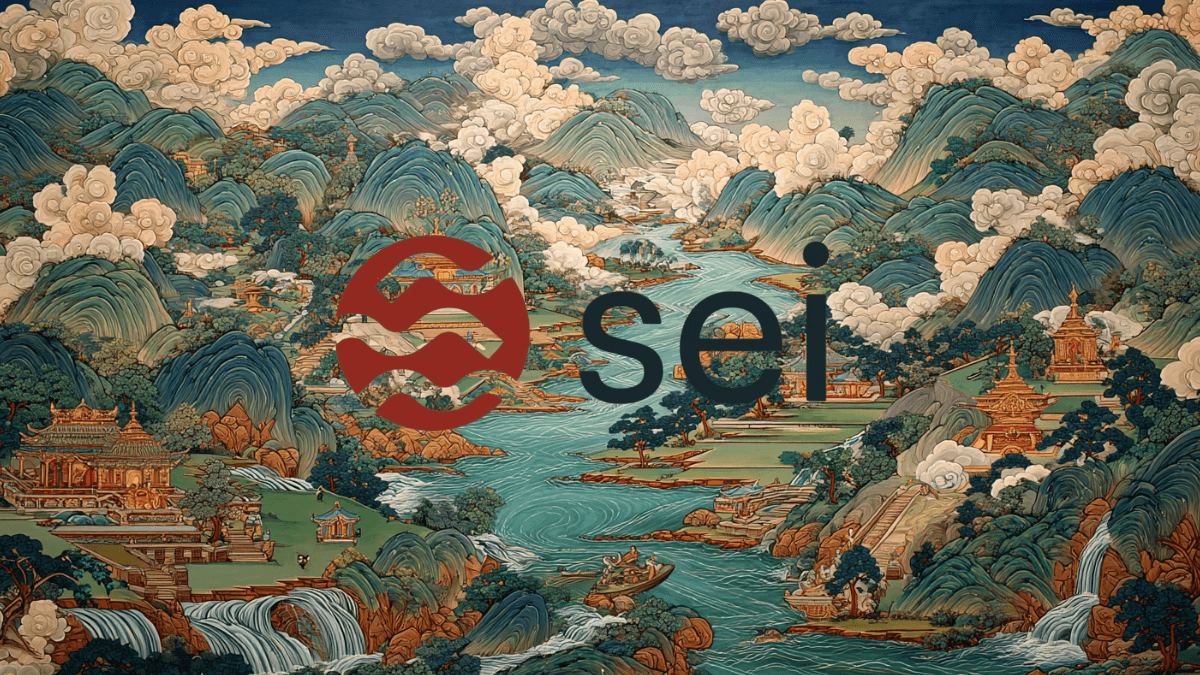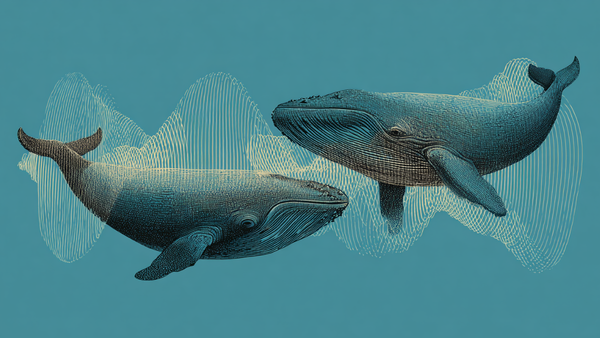Gatekeeping Is Bad
"Winning was never in the set of possible outcomes for Anthropic." - Elon Musk

Dario Amodei has spent his career building on the work of others. From his PhD in physics at Princeton studying neural circuits, to his time at Google Brain and Baidu, to his role as VP of Research at OpenAI where he helped build GPT-2 and GPT-3, Amodei's success has been built on collaborative research and shared knowledge. Now, as CEO of Anthropic, he's singing a very different tune about open source development.
In a podcast with Alex Kantrowitz, Amodei made his position clear: open source AI models don't matter. According to the Anthropic CEO, "open weight large models are not the same as open-source software" because there's no developer community contributing back. He dismissed open source as "just a way to attract attention," claiming users only care about utility, not whether models are open. Most tellingly, he argued that "open source does not mean free" due to inference costs.
This is a desperate attempt to redefine reality as Anthropic faces existential threats from the very open source movement Amodei now seeks to discredit.
The timing of Amodei's comments couldn't be more revealing. Just weeks ago, a 21-year-old founder's open source project on Bittensor achieved 72% on SWE-Bench in 46 days, spending roughly $650,000 to match what Anthropic burned through hundreds of millions trying to reach. Meanwhile, Chinese open source models like DeepSeek-R1-0528 and Qwen3 are demolishing US closed-source alternatives at dramatically lower costs.
The numbers tell a devastating story. Harvard Business School research earlier this year revealed that open source software creates $8.8 trillion in economic value worldwide despite costing just $4.15 billion to develop. Every dollar invested in open source generates over $2,100 in economic value. By contrast, Anthropic just raised $13 billion at a $183 billion valuation while getting outperformed by teenagers with laptop computers.
When Clement Delangue, CEO of Hugging Face, responded to Amodei's comments with "First they ignore you, then they laugh at you, then they fight you, then you win!" he captured exactly what's happening. Anthropic has moved from ignoring open source to actively fighting it because the evidence of its superiority has become impossible to dismiss.
Dr. Tanishq Mathew Abraham, CEO of Sophont AI, put it bluntly: "This is such an unbelievably bad take. The innovation that has happened because of open-source models like Stable Diffusion and DeepSeek is huge, you cannot deny this!" Open source models enable fine-tuning, interpretability research, and distributed deployment that proprietary models simply cannot match. They're also cheaper because competition drives down prices rather than maintaining monopoly pricing.
Even Elon Musk weighed in when engineer Yacine predicted "Anthropic is going to lose," responding that "Winning was never in the set of possible outcomes for Anthropic." Coming from someone who's seen firsthand how open source approaches can disrupt established industries, that's a damning assessment.
Amodei's dismissal of open source reveals a fundamental misunderstanding of how innovation actually works. He claims there's no "developer community contributing back" to open source AI models, but this ignores the thousands of researchers, developers, and miners contributing to networks like Bittensor, the countless improvements and fine-tunes being shared on platforms like Hugging Face, and the collaborative research happening across universities and independent labs worldwide.
Anthropic itself was built on open research and collaborative knowledge. GPT-2 and GPT-3, which Amodei helped develop at OpenAI, were built on decades of open academic research in neural networks, transformer architectures, and language modeling. The mathematical foundations, the training techniques, even the basic concepts of attention mechanisms all emerged from the open scientific community. Now that he's running a for-profit company, suddenly collaborative development doesn't matter?
This puts Amodei at odds with some of the most prominent figures in AI who understand the value of openness. Mark Zuckerberg has consistently argued that "open source AI is crucial for the future of the technology and the world," explaining that open sourcing enables developers to understand how advanced systems work and innovate independently. Meta's approach with the Llama family demonstrates this philosophy in action, with Zuckerberg noting that Meta doesn't rely on selling AI access for revenue, so releasing models openly actually strengthens their position.
Similarly, Yann LeCun, Meta's Chief AI Scientist and Turing Award winner, has been even more emphatic about open source benefits. He argues that open platforms create "more secure, better-performing AI systems" because they allow many contributors to iterate and improve the technology. LeCun warns against letting "AI be controlled by a few large corporations" and advocates for it becoming "shared infrastructure accessible globally." His vision includes internationally governed open source models with global data centers contributing to collective human knowledge.
A CEO who fundamentally misunderstands the forces reshaping his industry is not someone you want making strategic decisions about AI's future.
Anthropic's closed approach stands in stark contrast to the industry trend toward openness. While OpenAI has released open-weight models like gpt-oss-120b and gpt-oss-20b under Apache 2.0 licenses, allowing developers to download and customize the models, Anthropic continues providing access to flagship models like Claude Opus 4.1 only through paid APIs and cloud platforms. Even among major AI companies, Anthropic is notable for refusing to release model weights publicly, citing "proprietary control and safety considerations" while competitors like Mistral and others embrace various forms of openness.
Consider Anthropic's recent legal troubles. The company just agreed to a $1.5 billion settlement for illegally downloading and copying millions of copyrighted books to train their AI models. A federal judge ruled that while some training use was legal under fair use, storing over 7 million pirated works clearly infringed copyright. This is among the largest copyright settlements in U.S. history, and it raises serious questions about Anthropic's approach to intellectual property and legal compliance.
Meanwhile, open source projects operate transparently, with clear licensing and community oversight. They don't need to pirate millions of books because they build on properly licensed datasets and collaborative contributions. The legal risks that plague companies like Anthropic simply don't exist in truly open development models.
Amodei's comments also reveal a troubling disconnect from economic reality. He argues that open source models aren't really "free" because of inference costs, but this completely misses how distributed computing actually works. When Ridges pays $42,000 to Chutes for inference that would cost over $2 million on Claude Opus, that's not an accident. It's the result of decentralized networks creating genuine competition and efficiency rather than monopoly pricing.
The subnet interconnection model pioneered by Bittensor creates exponential cost advantages that centralized providers simply cannot match. When multiple specialized networks compete to provide the best service at the lowest cost, prices plummet while quality improves.
Perhaps most concerning is what Amodei's stance reveals about Anthropic's long-term viability. A company whose CEO publicly dismisses the development model that's already outperforming his own products is not positioned for success. When 21-year-olds with open source tools can match your hundred-million-dollar research efforts, your business model has a fundamental problem.
The evidence is overwhelming. Chinese open source models are delivering superior performance at lower costs. Decentralized networks are providing enterprise-grade inference at a fraction of traditional pricing. Open source developers are innovating faster than centralized labs. Harvard research shows open source creates more economic value per dollar invested than virtually any other economic activity.
The open source AI revolution isn't coming, it's already here. The question isn't whether it will succeed, but how quickly it will make companies like Anthropic irrelevant. Dario Amodei's desperate attempt to redefine open source development only confirms that the disruption has already begun.
When the CEO of a $183 billion company has to publicly attack the development model that's outperforming his products, you know who's really winning. And it's not Anthropic.







